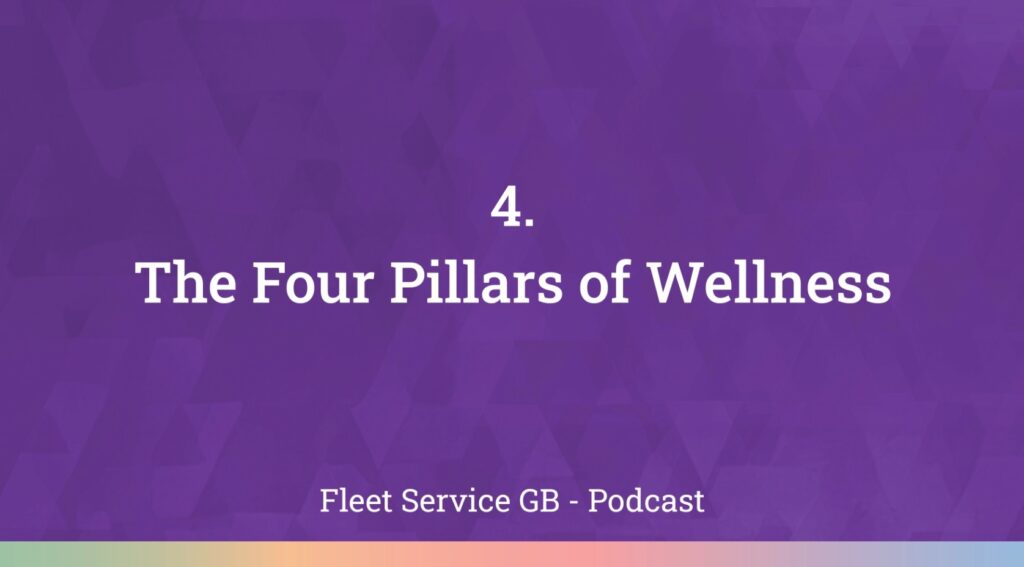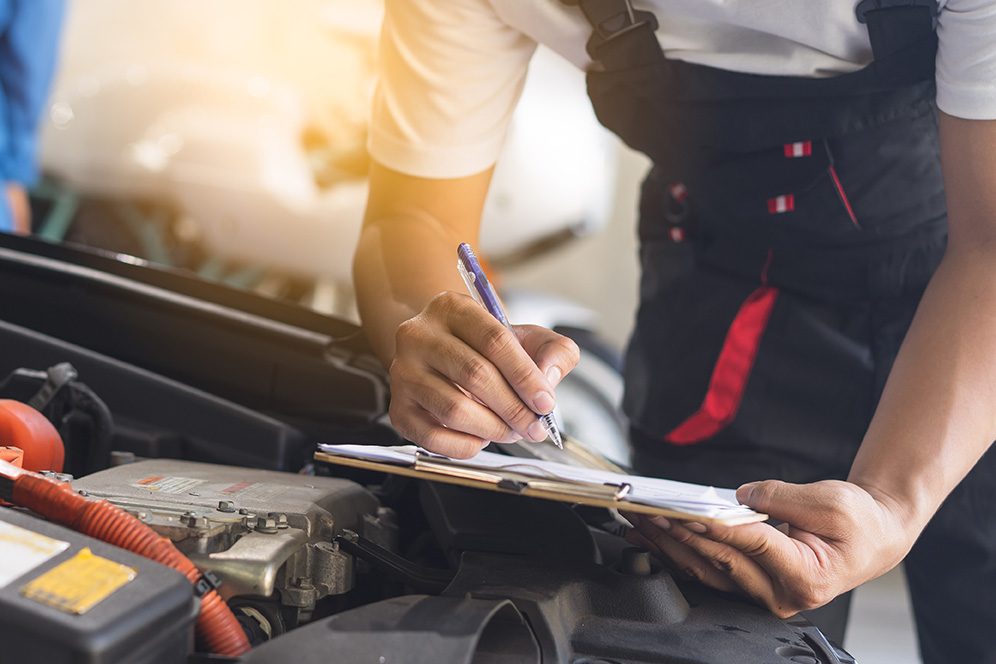Keeping your fleet safe and roadworthy isn’t just a good idea, it’s a legal requirement. Recently, the Driver and Vehicle Standards Agency (DVSA) released updated guidance focused on helping operators maintain the roadworthiness of their fleet vehicles effectively. Whether you run a small business with a few vans or manage a large haulage operation, understanding this updated guidance is essential for staying compliant and avoiding costly enforcement actions.
In this article, we’ll break down the key points of the DVSA’s updated guidance, what it means for operators, and how initiatives like the Fleet Service GB Stop and Think campaign are helping raise awareness and improve daily vehicle maintenance routines.
What’s New in the DVSA’s Updated Guidance?
The DVSA’s updated guidance highlights the crucial role that operators play in maintaining their vehicles in a safe, roadworthy condition. The guidance outlines operator licence responsibilities and explains how DVSA carries out vehicle maintenance inspections and enforcement.
Ask ChatGPT
Some important updates include clearer explanations around:
- The importance of thorough and regular safety checks
- Record-keeping requirements and what examiners will look for
- The procedures surrounding prohibition notices and how defects are classified
- How delayed defect concessions can be applied in specific situations
The aim is to help operators understand the standards they must meet and avoid common pitfalls that can lead to prohibition notices or, worse, licence suspension.
Why Operator Licensing and Maintenance Matter More Than Ever
Holding a valid operator licence isn’t just a box-ticking exercise. The DVSA’s guidance emphasises that to maintain a licence, operators must demonstrate they have the facilities, systems, and commitment to keep vehicles safe and serviceable. This includes conducting regular vehicle inspections, keeping detailed records, and quickly addressing defects.
This is especially important given the legal requirements around operator licensing:
- Goods vehicles over 3,500 kg used for business require an ‘O’ licence
- Operators of public service vehicles must hold a PSV licence
- Since 2022, international use of light goods vehicles over 2 tonnes also requires a specific licence
The updated guidance reminds operators that failing to meet these standards can result in serious consequences, including licence revocation or suspension.
What DVSA Vehicle Examiners Are Looking For During Maintenance Assessments
Under the new guidance, DVSA vehicle examiners continue to carry out regular and spot inspections to assess maintenance arrangements. DVSA may carry out these assessments soon after granting a licence, during variations, or when maintenance issues arise.
Examiners review vehicles themselves, scrutinise inspection records, and inspect maintenance facilities. They are looking to see:
- If regular, documented safety checks are conducted
- Whether defects are identified and addressed promptly
- That facilities enable proper vehicle inspections and repairs
If your records or maintenance practices don’t meet DVSA expectations, examiners can issue unsatisfactory reports. This can trigger enforcement action from Traffic Commissioners, including restrictions on your licence.
Understanding Prohibition Notices in Light of the Updated Guidance
One of the key focuses in the updated guidance is how prohibition notices are issued and categorised. DVSA examiners assess defects and classify them based on their severity and cause:
- ‘S’ defects indicate significant roadworthiness failures that operators should have known about through routine checks
- ‘X’ defects are random faults unrelated to maintenance, such as sudden bulb failures
- Some defects may not be clearly attributed to maintenance and thus receive no endorsement
Prohibition notices can be immediate or delayed. Immediate prohibitions require the vehicle to stop operating straight away, while delayed ones allow limited use to reach a repair centre. The guidance also explains when delayed defect concessions can apply, for example, if the defect appeared during the current journey and the vehicle was safe at the start.
Operators should act quickly on prohibition notices, as ignoring them or delaying repairs can result in fines, penalty points, or vehicle immobilisation.
How FSGB’s Stop and Think Campaign Complements DVSA Guidance
While the DVSA’s updated guidance outlines what operators must do, the Fleet Service GB Stop and Think campaign supports operators by focusing on what can be done every day to prevent defects from occurring in the first place.
One of the campaign’s core messages is the power of daily vehicle checks. These simple but effective checks carried out by drivers before each journey help catch issues early, reducing the risk of serious defects and prohibition notices. FSGB provides practical tools and training to make these checks easy to implement, helping operators meet DVSA standards and improve overall road safety.
By combining the DVSA’s guidance with FSGB’s hands-on support, operators can create safer, more compliant fleets with fewer disruptions.
Practical Tips for Operators to Stay Compliant with DVSA Guidance
- Implement a robust daily vehicle check routine: Encourage drivers to thoroughly inspect critical safety components like brakes, tyres, lights, and steering before every journey.
- Keep accurate, up-to-date records: Ensure all maintenance and safety checks are logged and stored securely, as DVSA examiners will expect to see these during inspections.
- Maintain suitable facilities: Your operating centre should allow for proper vehicle inspections and repairs without restrictions.
- Act promptly on defects: Address any issues immediately, especially those flagged as ‘S’ defects, to avoid prohibition notices and licence risks.
- Use available training and resources: Take advantage of courses from trade associations, government programmes like SAFED, and FSGB materials to boost your team’s knowledge.
FAQs About DVSA Guidance on Fleet Vehicle Maintenance
Who must comply with the DVSA’s updated maintenance guidance?
All operators holding an ‘O’ licence or PSV licence for commercial vehicles must comply, including those using vans over 2 tonnes internationally.
What happens if a vehicle fails a DVSA inspection?
A prohibition notice may be issued, restricting or banning the vehicle’s use until defects are repaired and verified by DVSA.
How can FSGB help me comply with the updated guidance?
FSGB offers daily vehicle check resources, training, and awareness campaigns like Stop and Think to help operators maintain compliance and improve safety.
Are there penalties for obstructing DVSA examiners?
Yes, obstructing authorised examiners during inspections is an offence and can result in legal action.
Where can I get more help or training on vehicle maintenance?
Trade associations, government programmes, manufacturers, and FSGB provide training and advice tailored to fleet operators.
Final Thoughts
The DVSA’s updated guidance on maintaining fleet vehicle roadworthiness makes it clear: operators must be proactive, organised, and committed to safety. By understanding these requirements and working alongside initiatives like FSGB’s Stop and Think campaign, you can keep your vehicles compliant, reduce downtime, and contribute to safer roads for everyone.
Don’t wait for an enforcement action to push you into compliance, embrace the guidance today, establish strong maintenance routines, and encourage your drivers to Stop and Think before every journey.


